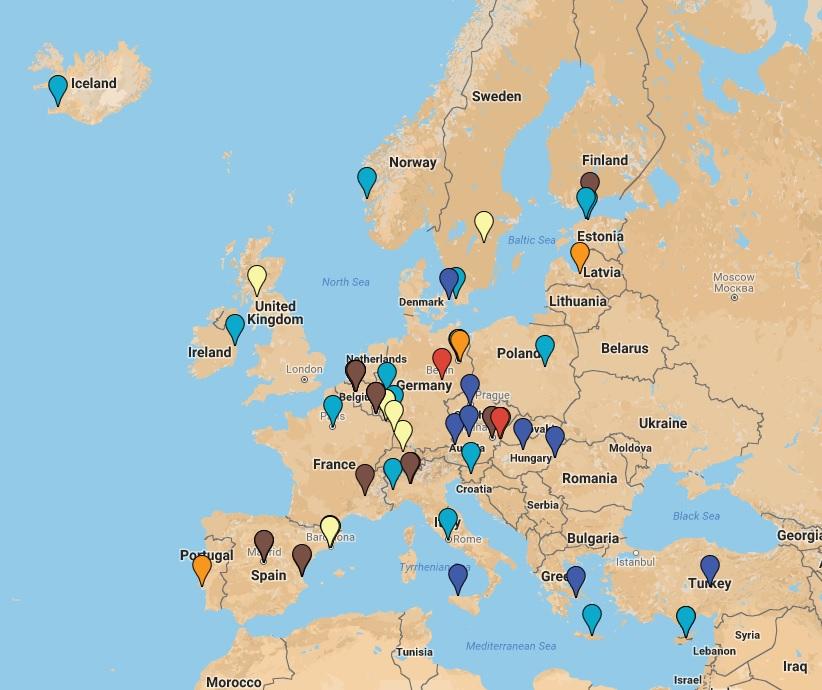
This year the European Parliament commemorates the 20th anniversary of the 2004 European Union (EU) Enlargement. In 2004, the EU welcomed 10 new member countries most of which had come through a turbulent decade in the 1990s following the collapse of the Soviet Union and communist governments. This new chapter led to significant improvements in EU’s research and innovation (R&I) performance.
The findings demonstrate that that great progress has been made in improving research and innovation systems in that time, with more public money being pumped in, more international scientific collaboration, and more private investment.
One way to assess the strength of country’s innovation system is in the number of patents being issued. For the countries that joined the EU in 2004, the results are mixed. Over the past 12 years, five countries (Cyprus, Lithuania, Malta, Poland, Slovakia) have seen an increase in the number of patents issued, while five (Czechia, Estonia, Hungary, Latvia, Slovenia) have experienced a decrease. Overall, there has been a decline in patent production across the EU, and none of the 2004 joiners are surpassing the EU average rate.
Sources
Details
- Publication date
- 9 May 2024
- Author
- European Innovation Council and SMEs Executive Agency
